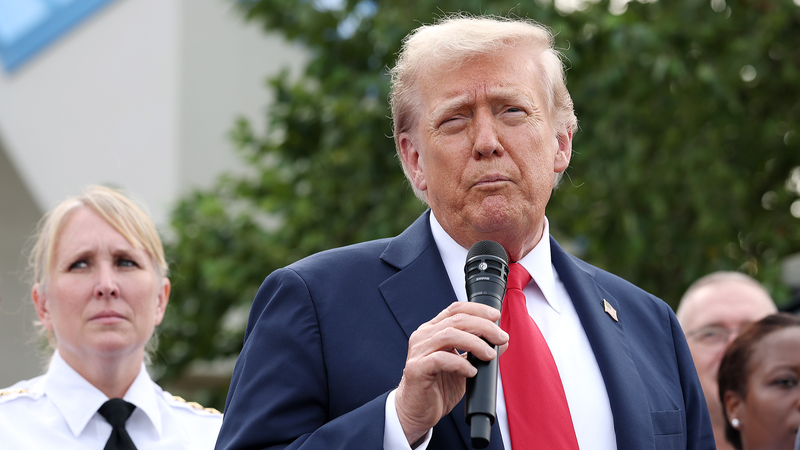U.S. President Donald Trump announced on Thursday that he would not deploy the National Guard to San Francisco this weekend, following discussions with Mayor Daniel Lurie. The decision marks a reversal from his earlier plan to "surge" federal forces into the city.
In a post on Truth Social, Trump explained that friends in San Francisco reached out to say Mayor Lurie was "making substantial progress." After a late-night call, Trump said he would give the mayor "a chance to see if he can turn it around."
Mayor Lurie, through a post on X, confirmed the phone call and stressed that "San Francisco is on the rise." He welcomed continued partnerships with the FBI, DEA, ATF and U.S. Attorney to tackle drugs and violence, but warned that military and immigration enforcement forces could hamper the city’s recovery and community trust.
Democratic leaders, including Lurie and California Governor Gavin Newsom, had prepared for weeks for a possible federal intervention. The announcement comes after controversial deployments of National Guard troops to Los Angeles in June amid immigration raids and to Washington, D.C., in August to support crime-fighting efforts. A planned deployment to Portland was briefly blocked by a federal judge.
For young global citizens and business innovators, the episode illustrates how local leadership and federal policy can collide in urban centers. As cities worldwide grapple with public safety, social equity and economic rebirth, the San Francisco story underlines the power of dialogue and data-driven partnerships in shaping outcomes without resorting to militarized responses.
Reference(s):
cgtn.com



